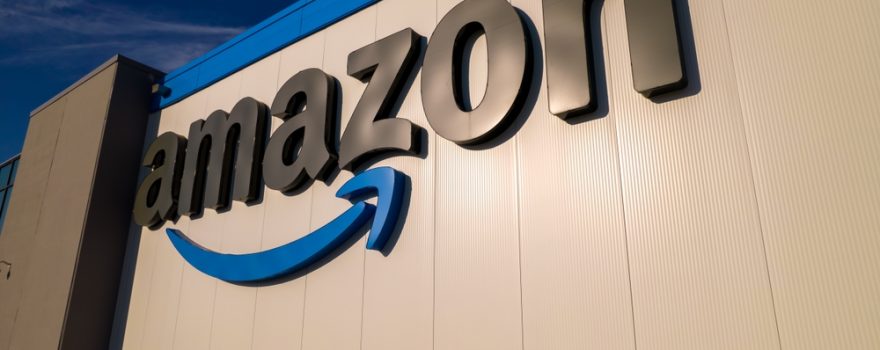
Amazon has officially entered the space-based internet arena, launching the first 27 satellites of its Kuiper constellation as it races to rival SpaceX’s Starlink. The satellites soared into low-Earth orbit on April 28 aboard a United Launch Alliance (ULA) Atlas V rocket from Cape Canaveral, Florida, marking the start of Amazon’s ambitious $10 billion Project Kuiper.
This deployment kicks off a campaign to send 3,236 satellites into orbit, aiming to provide global broadband connectivity, especially in rural and underserved areas. With this move, Amazon hopes to position itself not just as a retail and cloud giant, but as a serious player in satellite internet—one already dominated by Elon Musk’s rapidly expanding Starlink network.
After delays due to weather and development, the Kuiper launch sets a critical milestone in motion. Under FCC rules, Amazon must deploy half of its Kuiper satellites—1,618 of them—by mid-2026. Analysts suggest Amazon may need to request an extension due to the late start, but executives remain optimistic. Jeff Bezos, Amazon’s Executive Chairman, recently told Reuters, “There’s insatiable demand for internet. There’s room for lots of winners.”
Amazon’s low-Earth orbit (LEO) strategy will integrate with its massive cloud platform, AWS, giving it a unique edge. By pairing Kuiper’s connectivity with cloud infrastructure, the company envisions not just consumer internet but enterprise and defense applications. It’s already unveiled consumer terminals, including a low-cost antenna and a compact device the size of a Kindle, both expected to sell for under $400.
SpaceX’s Starlink still holds the high ground—over 8,000 satellites launched, 5 million users in 125 countries, and a relentless launch cadence. But Amazon’s launch deal—83 rockets secured from ULA, Arianespace, and Blue Origin—shows it’s not backing down. ULA CEO Tory Bruno said up to five more Kuiper missions could take off in 2025 alone.
If contact with all 27 satellites is confirmed from Amazon’s Redmond, Washington, control center, the company expects to begin offering service later this year. The next few months will be critical as Amazon races to catch up in a game already in motion.
More on the launch and Amazon’s bold space ambitions here: Reuters – Amazon Launches First Kuiper Internet Satellites

 Get in Touch
Get in Touch 


